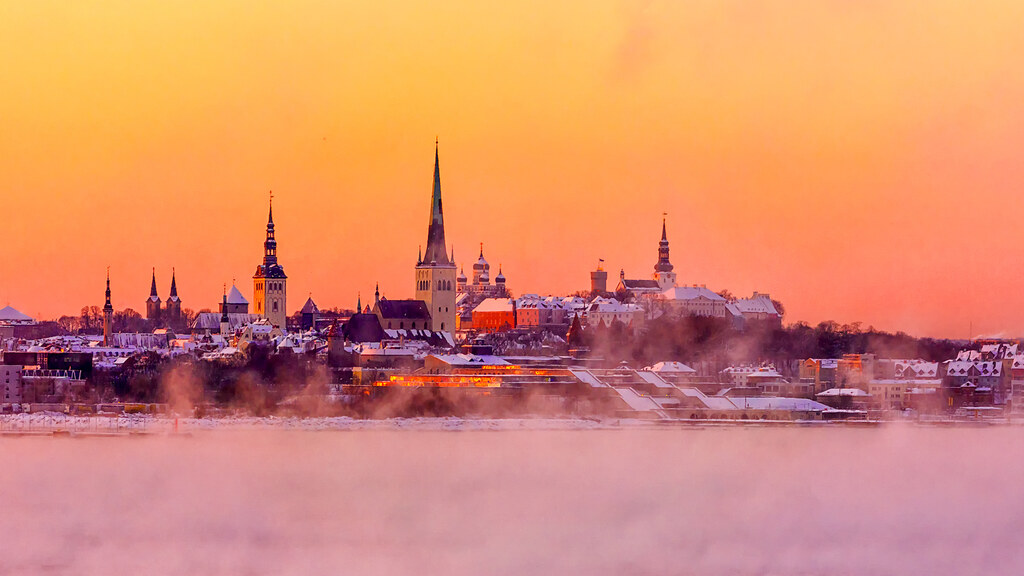
Three research projects funded to address common Baltic-Nordic energy challenges
The third round of calls for The Joint Baltic-Nordic Energy Research Programme is now completed, and three projects are selected to receive funding
The third round of calls for The Joint Baltic-Nordic Energy Research Programme is now completed, and three projects are selected to receive funding:
- Waste heat in smart energy systems
- Guidelines for Next Generation Buildings as Future Scalable Virtual Management of MicroGrids
- The role of hard to reach eNergy Users in reaching BAltics+Nordics ClimatE targets- a multidisciplinary analysis.
Waste heat in smart energy systems (WasteHeatSES)
Integration of waste (also called excess or surplus) heat flows into the district heating systems have been identified as a significant complementary driver on the road to climate neutrality by delivering primary energy savings. Unused heat flows could partly cover heat demand if suitable technical and organizational conditions have been met. There have been previous studies on waste heat potential assessment and the possibility for heat load coverage. However, the research gap still exists regarding the conditions for broader use of waste heat flows if the elements of the smart energy system are integrated into the energy sector (including smart heat meters, thermal storage systems, heat pumps, and low-temperature heating networks).
By investigating diverse cultural and geographical contexts in Baltic-Nordic regions, this project will significantly increase the flexibility and resilience of urban energy systems and promote the new local energy market. Furthermore, this project will strengthen the Baltic-Nordic knowledge in the areas of energy-efficient energy systems. It will promote the best technical and economic solution and develop strategies for the higher education of next-generation researchers in these regions to tackle future challenges and developments.
The project owner is Riga Technical University, and the project partners are Tallinn University of Technology and Norwegian Research Center (NORCE). The project will run until February 2024.
Guidelines for Next Generation Buildings as Future Scalable Virtual Management of MicroGrids (Next-uGrid)
Integration of renewable energy sources with their unpredictable nature, increasing overall consumption and number of electrical vehicles in near future and decentralized power flows are creating new challenges to the electrical grid management.
This issue cannot be solved only by increased energy efficiency, therefore new tools must be adopted and one of the emerging approaches is to implement Virtual Power Plants, as it integrates latest achievements in the field.
This is a complex issue and must be investigated properly, therefore Next-uGrid deals with such technologies and will investigate and analyse existing experience in Finland, Denmark, Latvia, and Estonia to bring this concept closer to the scientific community and general public by real application example Case-Study outcomes. Physical system limits, grid connections and stability, load management scenarios and investment costs are the challenging questions to be answered during this research project.
The project owner is Riga Technical University, and the project partners are Tallinn University of Technology, LUT University and Aalborg University. The project will run until January 2024.
The role of hard to reach eNergy Users in reaching BAltics+Nordics ClimatE targets- a multidisciplinary analysis (NUANCE)
Social energy research considers the integration of behavioral and perception alongwith features of a consumer while adopting efficient energy measures. There is a need for inclusive study of variation in consumers’ behaviour while considering their energy usage methods. One such class includes ‘Hard to reach consumers’ who are difficult to be influenced to instigate change in their energy consumption. It is essential to consider such types of consumers, to meet the climate goals. These consumers can be hard to reach physically or hard to motivate in the participation of energy efficiency programs. In this proposal we aim to identify characteristics of such consumers. Mental models will be used to study the cognitive thinking about energy of different users to assess the critical thinking approach. The outputs of this model will be further used in systems dynamic model to simulate the impact of different interventions in influencing the hard to reach energy consumers to become energy savers. Also, the findings will be used to characterise HTR consumers for their consideration in a long term energy systems model. The energy systems model aims to study the impact of such HTR consumers on strategic plans to reach carbon neutrality in Nordic and Baltic countries.
The project owner is Riga Technical University, and the project partners are Tallinn University of Technology, Oslo University and KTH Royal Institute of Technology. The project will run until January 2024.

